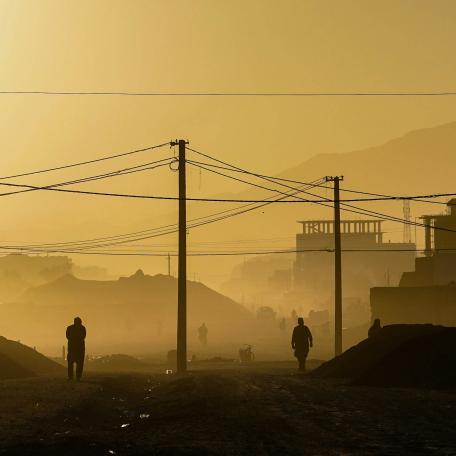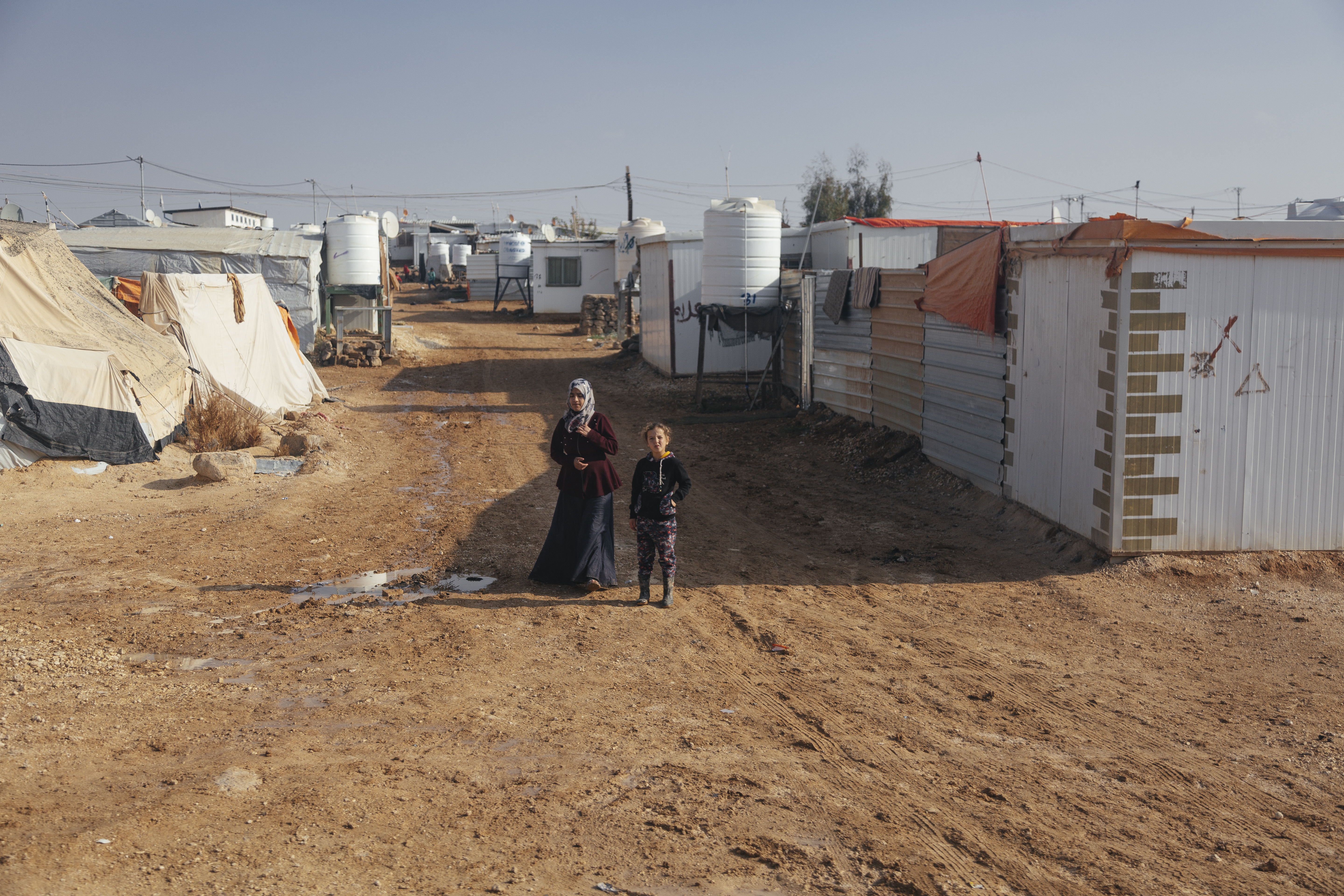How Do Constitutions Get Implemented?
On July 9, 2011, it was announced with great fanfare that South Sudan had become the world’s newest nation state. As new countries are wont to do, that very day President Salva Kiir promulgated a new Constitution, the Transitional Constitution of the Republic of South Sudan. With substantial input from international actors and academics, the constitution featured a wide array of human rights, provisions for an independent judiciary, and a federal structure of government that conformed to international norms. Indeed, international influence was so great that one observer called it an “Intermestic” Constitution, which reflected a balance between domestic and international considerations in the text.





